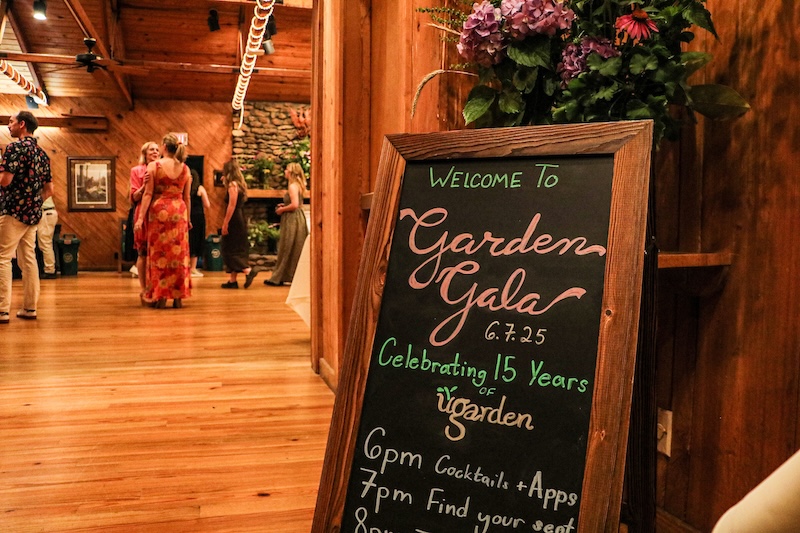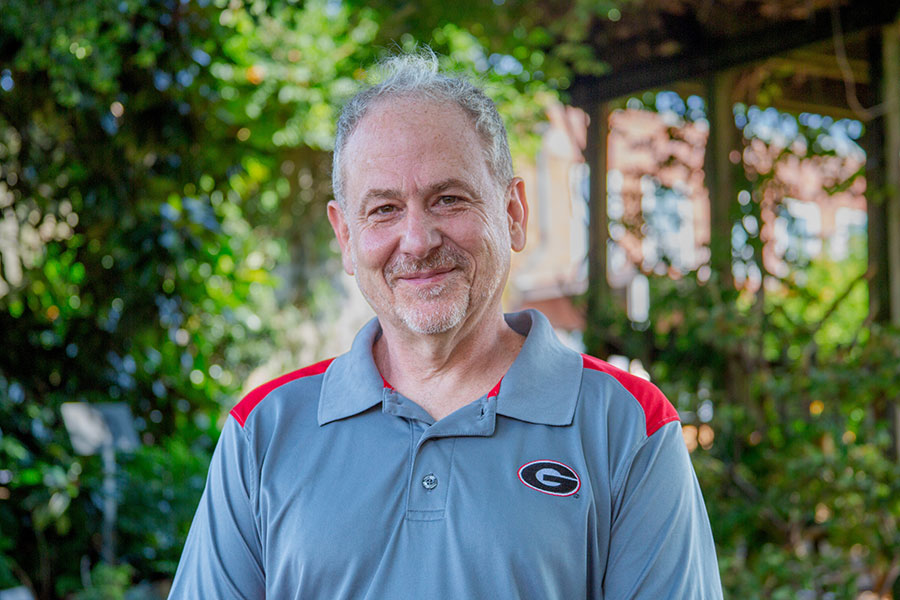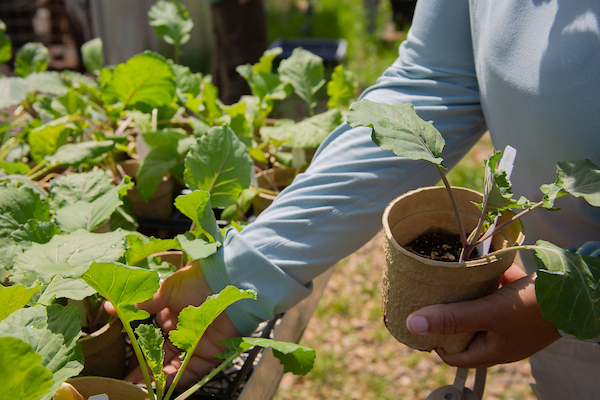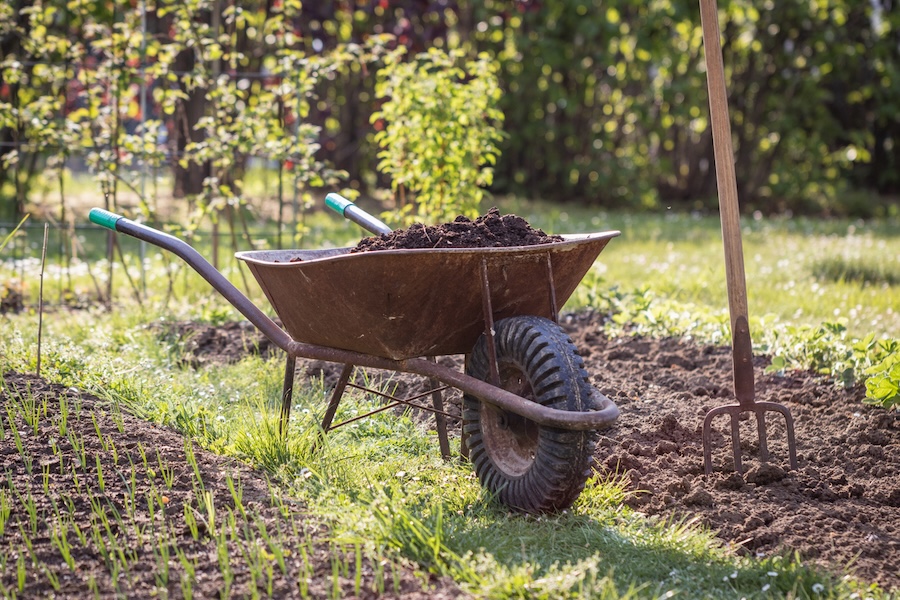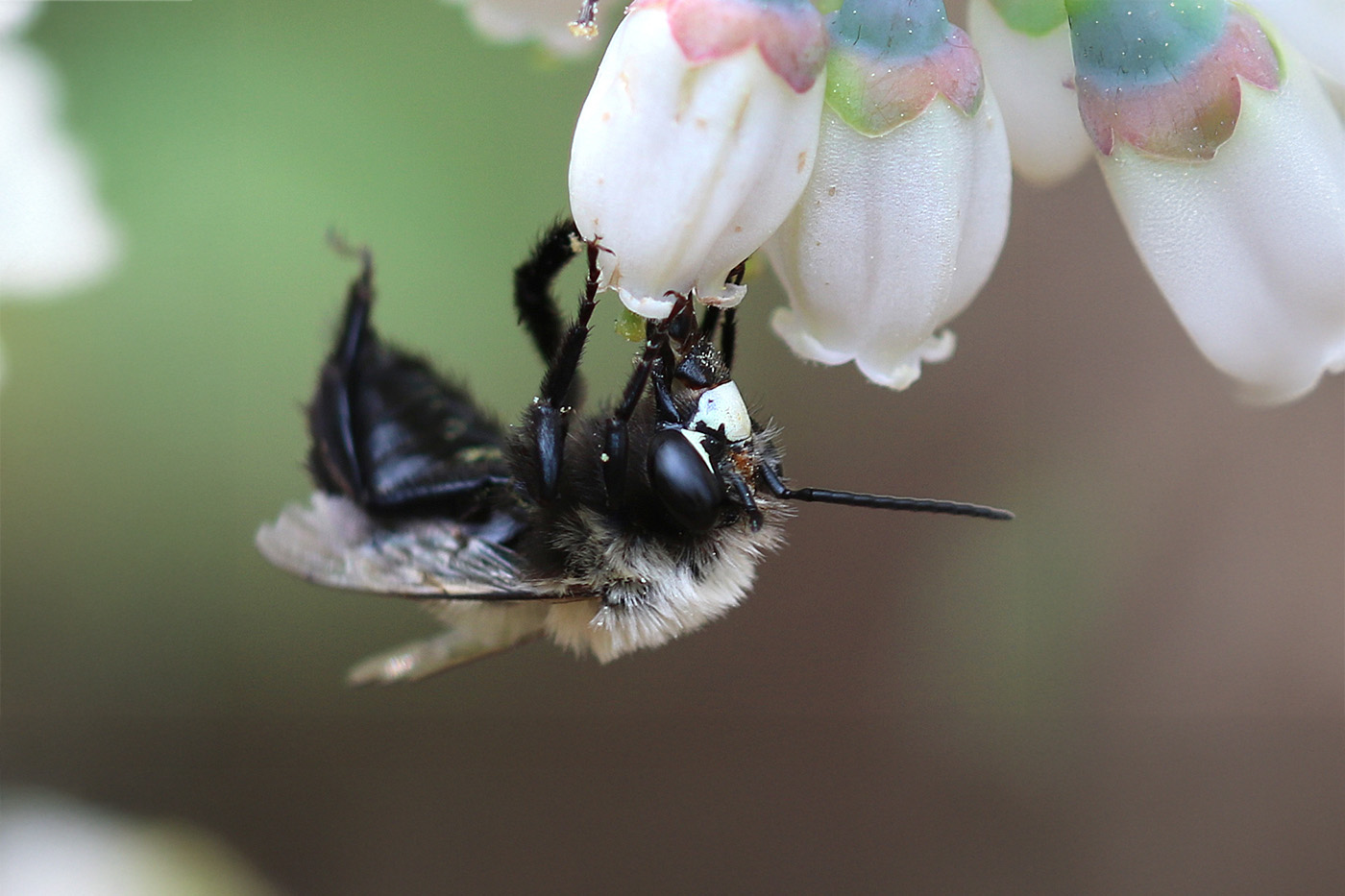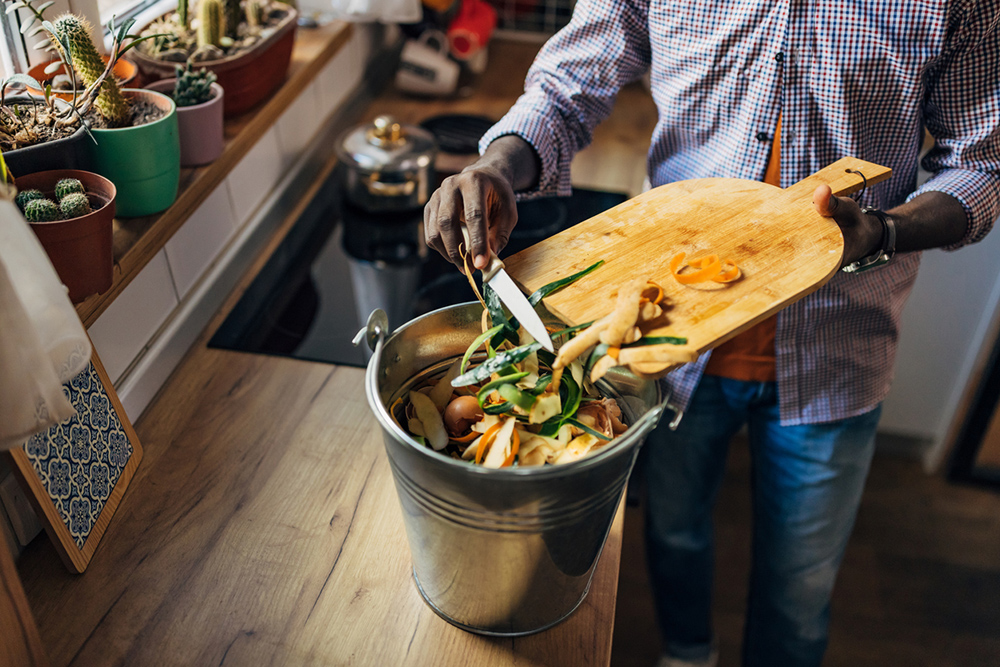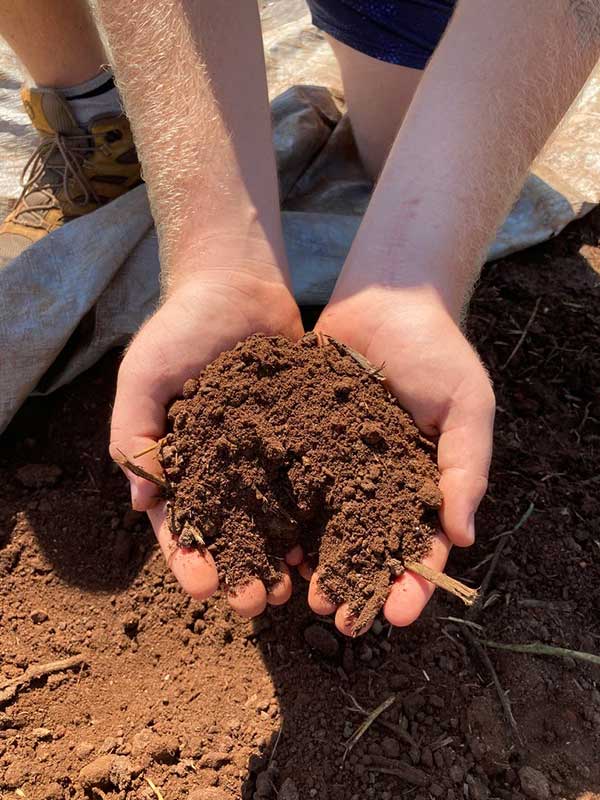
Composting has become a popular topic in recent years, and many of us have heard that it is something we should be doing in some form. But why?
There are many reasons that individuals, communities and governments promote composting, with some focused on diverting compostable waste from landfills and others who are in it for the dirt.
If you are considering composting, here are some compelling reasons to take up the practice.
- Environmental: Diverting food waste out of the traditional solid waste stream reduces landfill gas emissions. According to the U.S. Environmental Protection Agency, municipal solid waste landfills are the third-largest source of human-related methane emissions in the U.S. In 2021, methane emissions from municipal solid waste landfills in the U.S. were approximately equivalent to the greenhouse gas emissions from nearly 23.1 million gasoline-powered passenger vehicles driven for one year.
- Concerned citizen: Reducing the amount of food waste in your garbage reduces the burden on your local municipal solid waste system. Organic material is some of the most expensive and most hazardous waste that landfills receive, due in part to the creation of methane gas, which is combustible and must be carefully managed.
- Personal waste quality: This may sound funny, but keeping food waste out of your garbage can reduces foul odors and food sources for unwanted pests and insects. It also reduces the size and weight of your household garbage.
- In it for the dirt: Probably the most common reason people compost at home is for the compost itself. Compost is an excellent soil amendment and a source of beneficial organic matter, which can improve soil drainage, moisture retention, nutrient efficiency and biodiversity.
Finding compost services
If you have no interest in composting at home — whether for lack of space, time or bandwidth — you may still be able to participate in composting in some way. Some communities have their own composting operations, including Athens-Clarke County, which has a network of collection sites where residents can drop off unwanted food scraps at no charge. There are also a number of private compost-collection organizations that offer subscriptions, much like a garbage collection fee, to pick up your food waste.
Large-scale composting operations are often able to accept items that would not be recommended for a backyard compost pile. Because of the high temperatures reached at commercial facilities, prepared foods, meats, dairy products, fats and oils and bread can be composted — even things like compostable cups and cutlery. Another option for those who do not feel like taking on one more thing is keeping an “it will break down one day” pile. Throwing food waste and other organic waste into a designated part of your property to let nature take its course is slower than composting, but it still reduces the organic waste that ends up in landfills.
Making compost at home
Making compost is a thrilling alchemy of taking the food waste that would otherwise create malodorous soup in the bottom of your trash can and transforming it into rich black soil. Creating compost at home can be highly rewarding and is absolutely doable if a few basic principles are followed.
- Size: If a compost pile is too small, it is hard to manage. Compost piles are ideally constructed to be at least 4 by 4 by 4 feet. Unsupported piles tend to fall apart and spread out, so make sure to give the pile support. This could be chicken wire, wooden pallets or a full wooden frame. Be creative, but one thing to keep in mind when you create your “walls” is that you have to be able to access the pile and turn it. If it is too hard to take apart or move, you may give up on turning it, an important part of the process.
- Ingredients: When discussing compost pile inputs, you will hear reference to “greens and browns” or “nitrogen and carbon.” “Green” materials tend to be somewhat fresh. They will have a greater amount of nitrogen left in them than dried-out material. Some examples of “greens” or nitrogen sources include fresh grass clippings, kitchen fruit and vegetable waste, and manures. Some examples of “browns” or carbon sources include dried leaves, straw, shredded paper and wood shavings. There are many other examples and every material varies in its relative nitrogen or carbon content. However you can use the concept of greens and browns to create a basic recipe of 2/3 browns and 1/3 greens in your pile. The mixing of these ingredients through layering and/or turning is important.
- Moisture: It is helpful to think of composting as farming microbes. It is the microbes, after all, that are doing all the work to transform the material in your pile. For this reason, it is necessary for your compost pile to be moist, but not so wet that oxygen is depleted. A good mental reference is for the moisture throughout the pile to be similar to that of a wrung-out sponge.
- Temperature: The goal is to get your pile above 105 degrees Fahrenheit. You want to turn your pile each time the temperature decreases and maintain this temperature for at least a couple of weeks. Turning is key to infusing oxygen throughout the pile. Temperature is paramount to the composting process and is used to gauge whether your ingredients, moisture and oxygen are balanced. For this reason, having a compost thermometer is highly recommended.
- Curing: Once you achieve the desired temperature for several weeks and the pile will no longer heat up, your compost is finished but should be allowed to cure. You can think of curing as maturing. Curing refers to a number of microbially-driven processes that continue to take place at ambient temperature. Leaving your compost to cure for at least a few weeks after it is finished is recommended to stabilize the final compost product.
In addition to these basic guidelines, it is a good idea to review additional reliable composting resources. I recommend The Rodale Book of Composting and University of Georgia Cooperative Extension resources.

